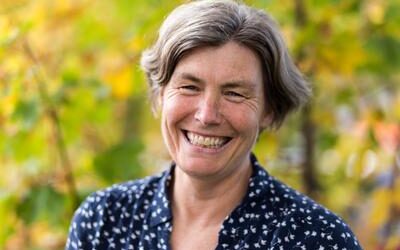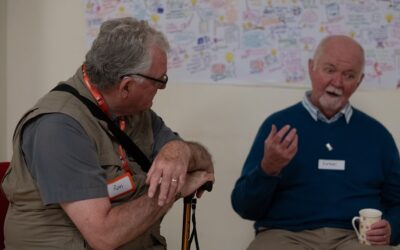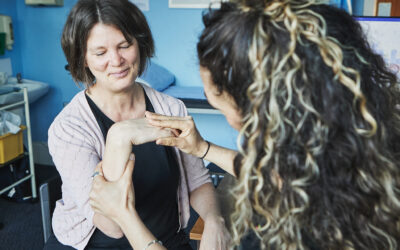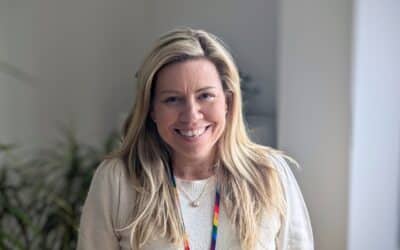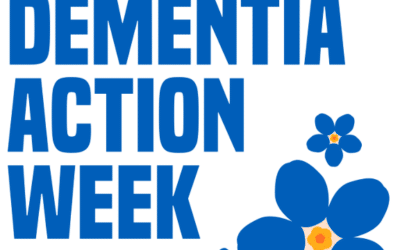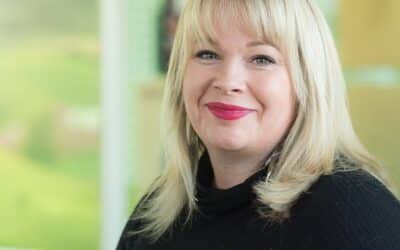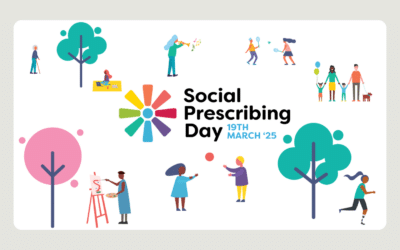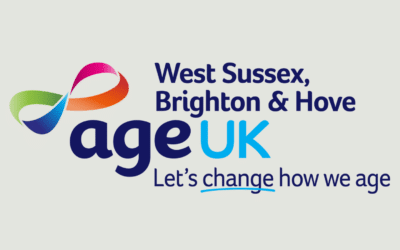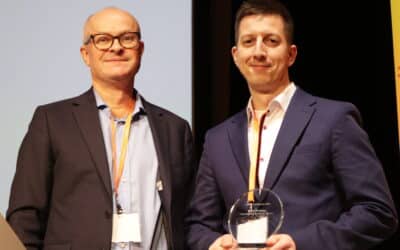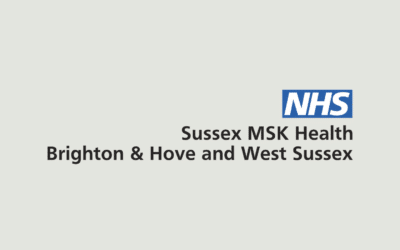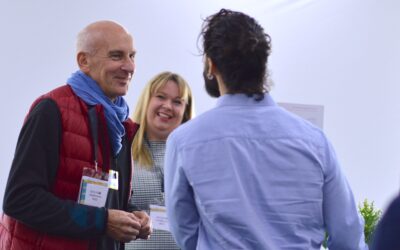Blog
Healthcare news and resources from the Here team
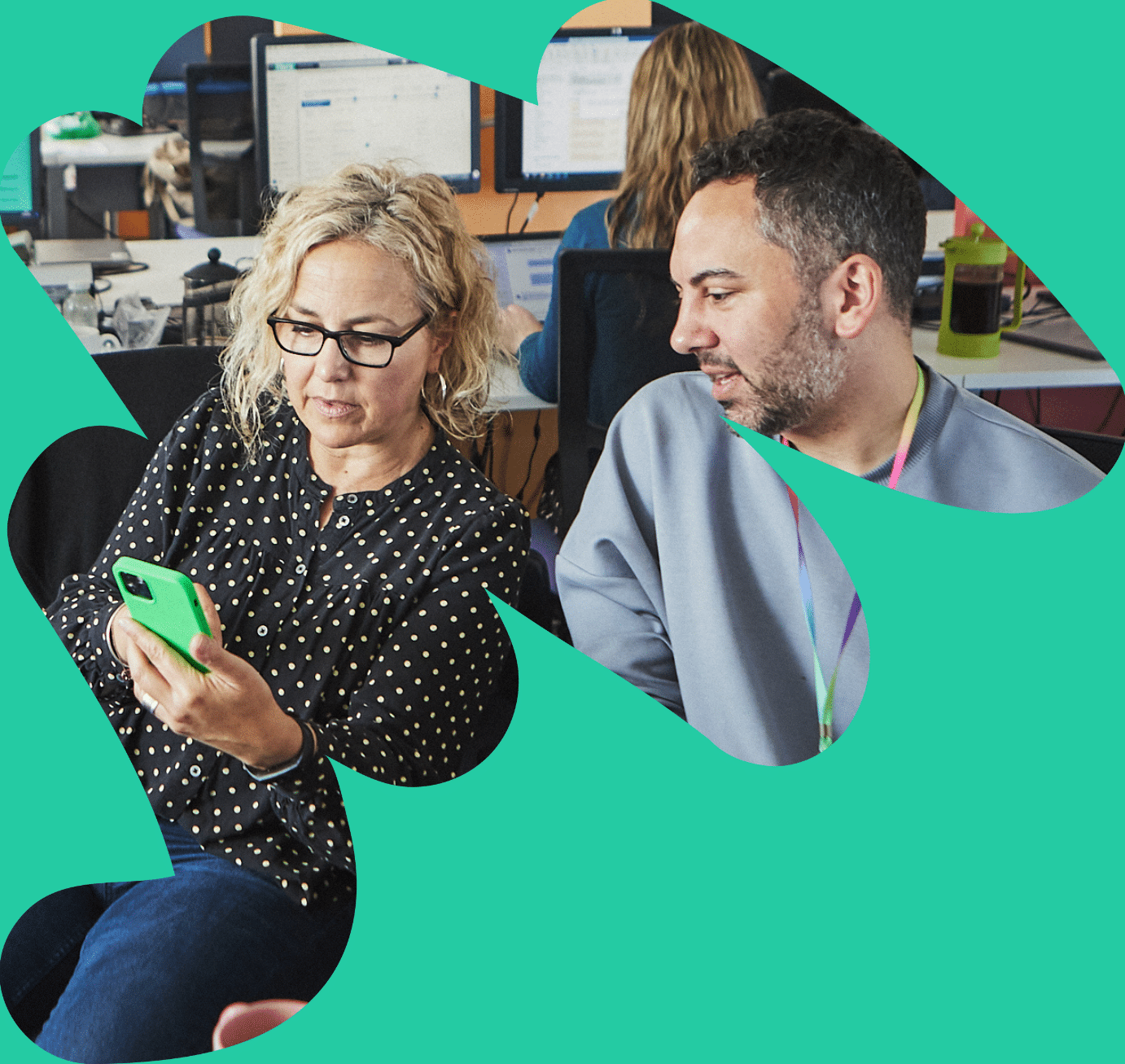
What works for Menopause in the workplace? Sharing what we’ve learned
In the space of a week, I attended 3 events that left me with mixed emotions about the future of heath care.
Tokyo… London… Birmingham: Three events, one message – It’s time to rethink healthcare
In the space of a week, I attended 3 events that left me with mixed emotions about the future of heath care.
The Health Builder difference: Redefining patient involvement
At Here, we believe that designing exceptional care means working in true partnership with the people who use our services. In this blog, Health Builder Norman Webster shares how our unique approach puts lived experience at the heart of service design and delivery.
Beyond the Diagnosis: What better care looks like for people with multiple conditions
People living with multiple long-term conditions often experience fragmented care. In this blog, we reflect on The King’s Fund’s latest report and share what we’ve learned about building services that support the whole person, not just a list of diagnoses.
Welcoming Kirsty Coates: Our New Partnership Director for Sussex MSK Health
Here and Sussex Community NHS Foundation Trust are delighted to officially welcome Kirsty Coates as Partnership Director for Sussex MSK Health.
Dementia Action Week 2025: With the Alzheimer’s Society
This Dementia Action Week, the spotlight is on diagnosis — helping people recognise the signs of dementia and take that all-important first step.
Celebrating Natalie Blunt: A pioneer of personalised MSK care in Sussex
After more than a decade of visionary leadership, Natalie Blunt is moving on from her role as Managing Director of Sussex MSK Partnership Central and as a member of the Here board.
Celebrating Social Prescribing Day: How Care Navigators are supporting our community
Care Navigation/Social Prescribing is a model that enables health and social care professionals to refer people to a range of non-medical services within their community to improve social, mental and physical health and wellbeing.
Partnering with Age UK: Making dementia care more accessible
As a social enterprise dedicated to transforming healthcare through data analytics, we are thrilled to share the inspiring story of Aaron Salter, winner of the Digital Champion Award at the Hospice UK Conference 2024.
Congratulations Aaron Salter: Hospice UK’s Digital Champion Award winner 2024
As a social enterprise dedicated to transforming healthcare through data analytics, we are thrilled to share the inspiring story of Aaron Salter, winner of the Digital Champion Award at the Hospice UK Conference 2024.
Announcing the launch of our new MSK service
We’re delighted to announce the launch of Sussex MSK Health Brighton & Hove and West Sussex, our new Musculoskeletal (MSK) service, starting 2nd December 2024.
Reflecting on a decade of impact: A farewell to Sussex MSK Partnership Central
As we approach the conclusion of the Sussex MSK Partnership Central (SMSKPC) service, we’re taking a moment to celebrate the extraordinary journey we’ve shared. Over the past decade, this partnership has been more than a service – it’s been a community, a purpose, and a shared commitment to making a real difference in people’s lives.

